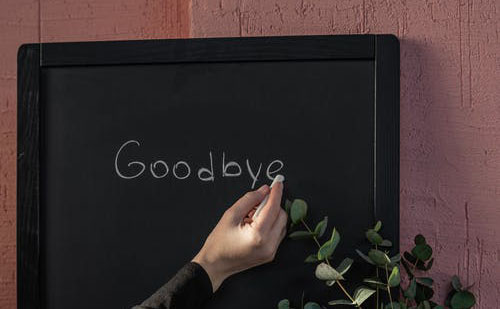The entire DW Team – Editorial, Research and Development, HR, Accounts Receivable/Accounts Payable, Creative, Custodial – has had to take a mental knee twice this dreary month, first at the passing of Wes Unseld, 74, from pneumonia, then at the loss last week of Jim Kiick, 73, who was suffering from Alzheimer’s.
Quite a blow, as both men were influential in the youth of the DW co-founders.
Wes Unseld was Rookie of the Year for the Washington Bullets in 1968-69, the beginning of a 12-straight-years playoff run and the organization’s only NBA championship, over the Seattle SuperSonics in 1978.
He was 6-foot-7 and 245 pounds, but what he lacked in height and athletic ability at center he made up with remarkable willpower and physical toughness and want-to. He landed in the Naismith Basketball Hall of Fame in 1988 after duking it out with more gifted centers like Wilt Chamberlain, Kareem Abdul-Jabbar, Moses Malone, Tree Rollins, Bob Lanier, and Darryl Dawkins. He’s the greatest player in the history of the franchise, which changed its name to the Wizards in 1997.
His career averages for 13 seasons are 10.8 points and 14 rebounds a game. When the Bullets won it all in 1978, he was the team’s seventh-leading scorer. Like Bill Russell and in many ways like Dennis Rodman, he could dominate without scoring.
I have only one in-person Wes Unseld story. He was coaching the Bullets in the late 1980s when they played a preseason or exhibition game against the Jazz in the Superdome. After the game, as a sportswriter for The Times-Picayune, I opened the door to the office that led to the visitor’s locker room.
Wes Unseld, a broad man and demanding presence, had his jacket off, was sitting on the side of the desk talking to an assistant and smoking a menthol cigarette as long as the foul line. He had to have had someone else light it for him because no way he could have reached the tip. He heard the door, looked me in the eyes, smiled very kindly, and said, “I’ve got 10 minutes cooling off period. The League gives us that.” “See you then,” I said.
He might have said 15 minutes: I can’t remember for sure. Ten or 15. If he’d have said an hour, I’d have come back in two. If he’d have said he had a cooling off period until next Tuesday, I’d have reached out the next Wednesday. Probably by phone.
Big man. But that night, a nice man. Kind to a young sportswriter. I thank him for that good memory.
Jim Kiick had been living in an assisted living center, but in the 1970s, he was living it up. He was part of a famous backfield — Larry Csonka, Kiick, and Mercury Morris — that were the flash of the Miami Dolphins back-to-back Super Bowl champs in 1972-73. Csonka and Kiick were called Butch and Sundance after the 1969 movie starring Paul Newman and Robert Redford.
No personal Kiick memory to call on here. I just remember being pumped when I got their book in 1974, Always on the Run, by Csonka and Kiick as told to New York sportswriter/columnist Dave Anderson. When Csonka talked, the print was straight, like this. Then when Kiick talked, it was in italics, like this. I think that’s how they started the book.
“I’m Larry Csonka. This is me, in regular type.”
“And this is me, Jim Kiick, in italics.”
In real life, they were bold.
-30-
